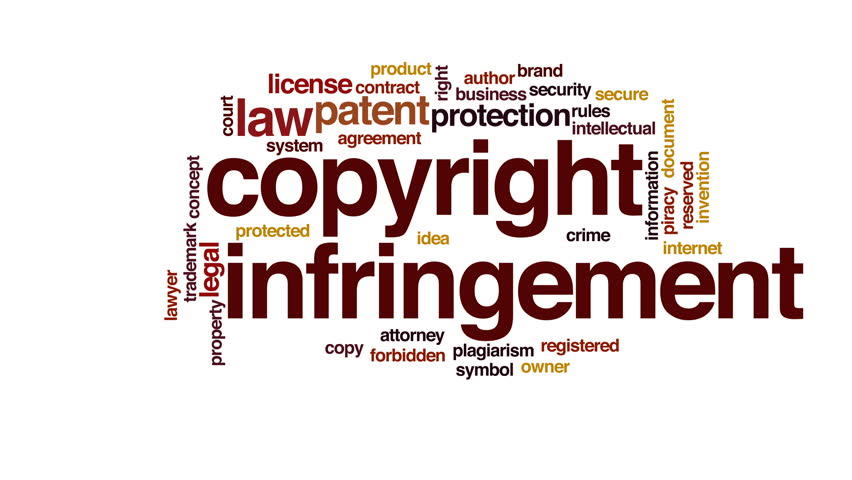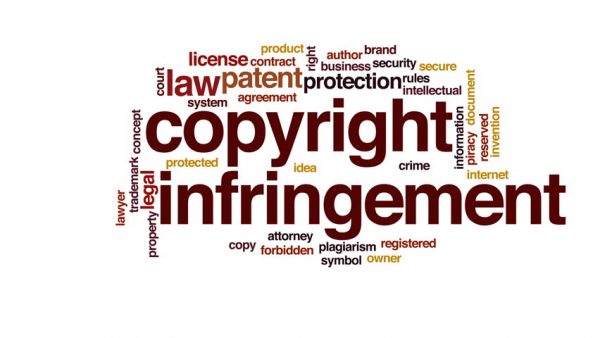Copyright infringement can be defined in numerous ways, some of which include piracy, theft and free booting. Infringement of copyright basically means copying, reproducing or using any content or work which has copyright in it by an unauthorized person, who is not the owner of such work without having requisite permits or licenses.
One of the ways by which copyright may be infringed is by a person doing or causing another to do any of the acts which are within the exclusive right of control of the copyright owner without his license or authorization. For instance, in the case of literary or musical work, that a copyright owner has the exclusive right to control, inter alia, the following acts – to reproduce the work in any material form, publish the work, perform the work in public, make a cinematograph film or a record of the work or make an adaptation of the work. Therefore to do or cause another to do any of these acts, without the license or authorization of the copyright owner amounts to an infringement. It is clear that a person infringes not only where he does any of these acts himself but also where he causes another to do act. There is infringement not only where there is reproduction of the whole of a work but also where a substantial part of the work is reproduced.
However, apart from infringement by the doing, or causing another to do, any of the acts within the exclusive right of control of the copyright owner without his license or authorization there are other ways by which infringement may be committed , which are; (i) imports or causes to be imported into Nigeria would be an infringement any copy of a work which, if it had been made in Nigeria would be an infringed copy; (ii) exhibit in public any article in respect of which copyright is infringed, (iii) distributes by way of trade, offers for sale, hirer or otherwise or for any purpose prejudicial to the owner of the copyright, any article in respect of which copyright is infringed; (iv) makes or has in his possession plates, master tapes, machines, equipment or contrivances used for the purpose of making infringing copies of the work; etc.
An infringement is actionable at the suit, and only at the suit, of an owner, assignee or exclusive licensee of the copyright infringed in the Federal High Court exercising jurisdiction in the place where the infringement took place. In an action for infringement all such relief by way of damages, injunction, accounts or otherwise is available to the plaintiff in any corresponding proceeding in respect of infringement of other proprietary rights.
It is submitted that for an infringement claim to be successful, it must pass a four tier test, the plaintiff must:
a. establish the subsistence of a right allegedly infringed,
b. show that he is the owner or exclusive licensee or assignee of the right allegedly infringed and
c. show that the act done by the defendant is an act prohibited by the Act and
d. show that the defendant needed his permission to do the act, but failed to obtain his permission or that he went beyond the permission granted.
Featured image source: applytrademark.co.in


